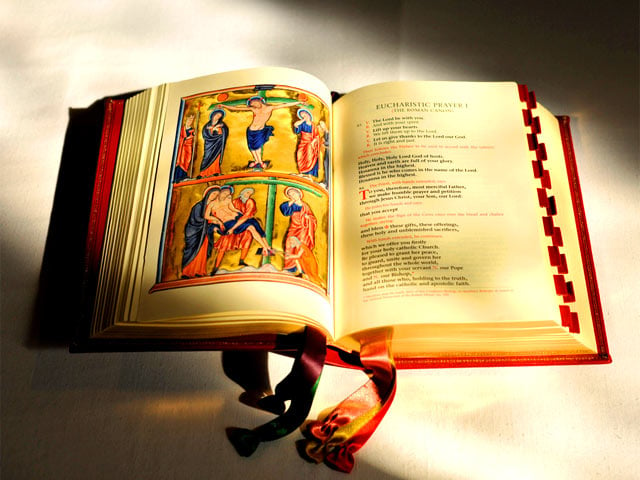- Accueil
- Notre communauté
- Notre foi
- Nos ministères
-
Vie paroissiale
- Calendrier des événements
- St. Aidan's Video Links
- Blog paroissial
- Archives des nouvelles
- Mass Etiquette and Information
- Ad Orientem News and Facts
- Catholic Links
- Prayers and Announcements
- Luis Dizon Reflections - Archive
- Bulletin
- Nous contacter
- Recherche

God’s Messenger (5th Sunday in Ordinary Time)
Click here for this Sunday’s Readings
Isaiah began his prophetic ministry during the reign of king Uzziah. Uzziah was one of the good kings of Judah, who obeyed the Law of the Lord and walked in His ways. He left a pattern of good leadership that instilled faithfulness among the people, which was continued by his son, Jotham. Unfortunately, this cycle would be broken by Ahaz, who was not as faithful as his father and grandfather, but was disobedient and led the people astray (2 Chronicles 26:3-4, 27:1-2, 28:1).
Thus, when Isaiah received the commission recorded in this passage, Judah was at one of its better points in history. But God let Isaiah know that this state of affairs was not to last, and that his prophetic ministry was to coincide with some dark periods as well.
The main theme that is highlighted in this passage is the contrast between the holiness of God and the sinfulness of man. The three-fold repetition of the word “Holy” is done for emphasis to accentuate how supremely holy God is (v. 3). Isaiah, becoming acutely aware of his unworthiness to stand before a holy God, laments his own sinfulness (v. 5). The angel comes to him with the burning coal and cleanses his lips (v. 6). This sacramental action is a foreshadowing of the forgiving graces that God would later make available to mankind through the New Testament sacraments.
Next, God asks who will go and be His messenger, to which Isaiah replies by volunteering to go for God (vv. 7-8). Despite his own unworthiness, he is willing to go and be God’s messenger. What follows is a prophecy that despite his best efforts, the people will harden their hearts and not listen to his message, which will ultimately lead to their ruin (Isaiah 6:9-13). Despite this, Isaiah is not deterred. He understands that his mission is not to change the people, but to proclaim God’s message without compromise.
Like Isaiah, we may feel that we are unworthy to go out and proclaim God’s message. Yet, God does not require perfection from us, but only our willingness to stand up for Him. Like the prophets and apostles of old, we will encounter stubborn resistance to the message of the Gospel. However, this should not deter us, because it is not our responsibility to compel others to believe. Instead, we pray that the Holy Spirit will soften the hearts of those who hear the Gospel message. As long as we speak the truth and not water it down or hide it from people, God will reward our faithfulness, and vindicate us on the last day.
J. Luis Dizon
